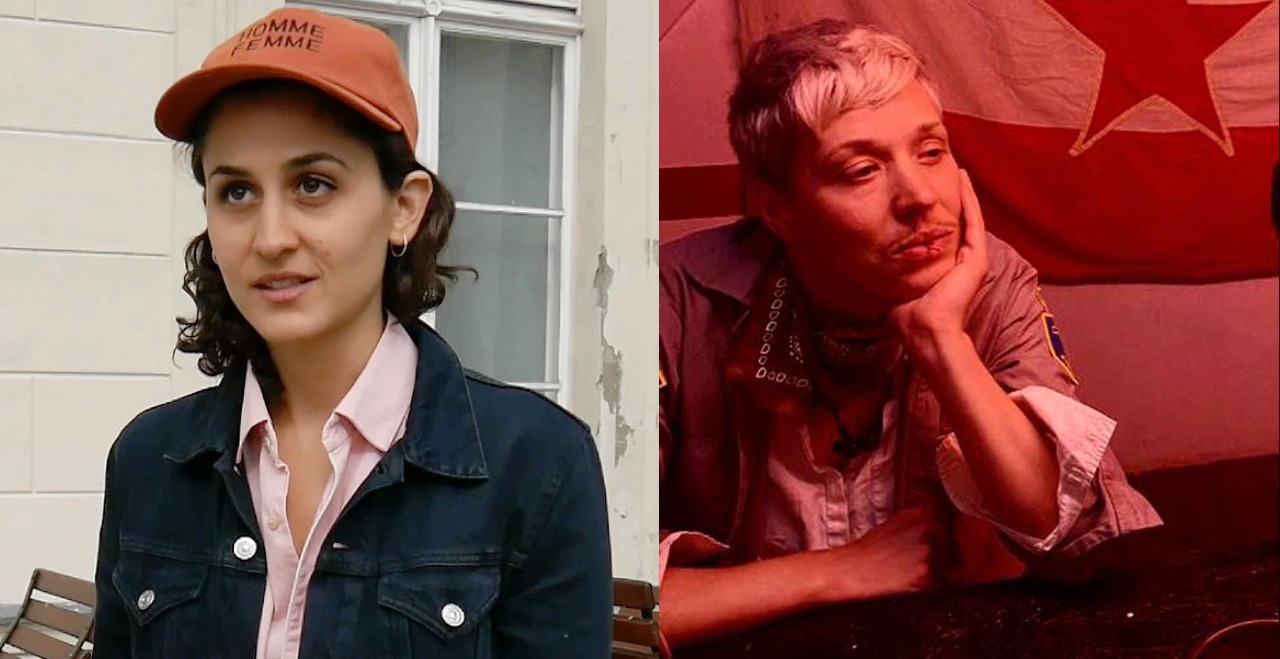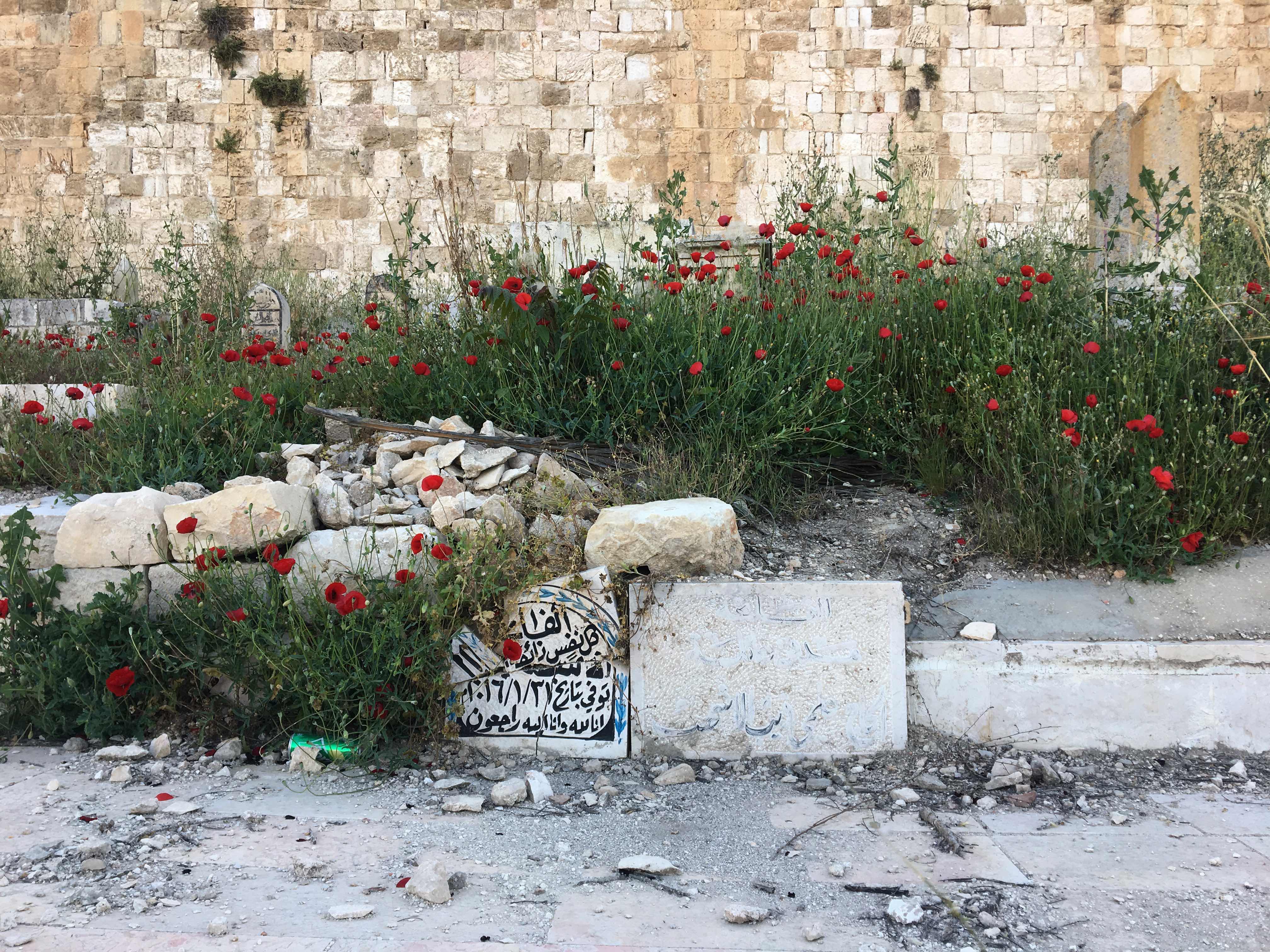by Jumana Manna & Jesse Darling
13 June–1 July, 2022
Mondays, Wednesdays, and Fridays at 4:30–7PM (Beirut time, GMT+3)
This chapter will be held online.
Register here.
This chapter takes ruination as a theoretical tool to describe an active process, an aftermath normalized into a condition, and a process of becoming. Ruination is the planetary condition of our epoch, affecting every material and immaterial aspect of life and land. The ruination of capitalist, colonial and imperial violence generates physical destruction, emotional breakdowns and gutted infrastructures, and toxicities of the soul and soil.
Rotting organisms that feed other processes of regeneration could serve as metaphors for poetics, as well as artistic practices that engage ruination in order to subvert it. A mushroom can grow from decomposing waste, as art and literature can open new ground for self-determination amidst oppression. But rather than resort to the mandated ‘resilience’ of permitted self-expression—or a complacent form of self-care amidst the ruins—this chapter will examine theoretical and non-theoretical writing, films, and artworks that go beyond placid notions of cure and therapy.
We wish to think together, to articulate the potentials and problems of constant recomposition and adaptation in the face of structural violence, societal decay and the dereliction of care. We will engage with works that acknowledge this double bind, through complementary strategies of speech and its withdrawal, visibility, and opacity. These works focus on lived experience; materiality and the sensorial; and locating vitality in detritus and potentialities in unfinished histories. They look toward renewed imaginaries of what we can call collective.
Our guest speakers and co-thinkers will be Ann Laura Stoler and Rana Issa.
Stoler’s essay “The Rot Remains”: From Ruins to Ruination (2013), serves as a discursive anchor point for our chapter. In her talk she will speak about her latest work on the politics of sentiment—as one place where the issue of ruination and rage, as well as resentment and indignation, are vividly expressed.
Issa will theorize her auto-historical account of individual defiance of ruination in the Levant, and will explore the necessity of testimonial writing in the face of destruction and dispossession.
Through talks, reading groups, film viewings, and mini exercises, this seminar thinks about the work of art in the age of ruination—a condition all too familiar in Palestine, Lebanon, the region at large, and beyond. The central question we will be asking throughout this chapter is what art in its various forms can do: as ritual, as thinking praxis, as a site of desire and political imagination. We invite artists, filmmakers, writers, poets and cultural practitioners to register: in particular those who experience the ongoing effects of ruination as both personal and political, and those who want to think with others about artistic and poetic strategy in the face of collapse.


Jumana Manna works on the body, land and materiality in relation to colonial inheritances and histories of place. Through sculpture, filmmaking, and occasional writing, she deals with the paradoxes of preservation practices, particularly within the fields of architecture, agriculture and law. Her practice considers the tension between the modernist traditions of categorisation and conservation and the unruly potential of ruination as an integral part of life and its regeneration.
Jesse Darling is a poet and artist working in various media to ‘denaturalise’ the psychic life of petrochemical coloniality. JD’s practice takes the “mortal” quality of empires and ideas as a form of precarious optimism—where fallibility and fungibility are acknowledged as fundamental qualities in living beings, societies, and technologies—towards a messy collectivity across historicity and contemporary experience.
Week 1: Active Debris: Ruination, Material decay, and Recomposition
Monday: Lecture by Jumana Manna and Jesse Darling
Introducing the chapter, and presentation of our work.
Wednesday: Close readings and discussion
Friday: The materiality and spirituality of form
Week 2: On the Senses and Temporalities of Ruin
Monday: Lecture by Ann Laura Stoler
Wednesday: Reading group
Friday: Presentation and feedback session
on individual participants’ work.
Week 3: On Intimacy, Bodies as Animate Ruins
Monday: Lecture by Rana Issa
Wednesday: Reading group and discussion
Friday: Concluding session (TBD)
More details will be sent each week to registered participants










